As India gears up for the 2024 general elections, the atmosphere is charged with anticipation and speculation. Political parties are in full campaign mode, rallying to garner support from across the vast and diverse electorate of the world’s largest democracy. With major contenders like the Bharatiya Janata Party (BJP) and the Indian National Congress (INC), along with several regional powerhouses, the race is poised to be intensely competitive. But who will the people of India choose to lead them into the next phase of governance?
Understanding the Political Landscape
The upcoming election is not just a battle of parties but of contrasting ideologies and visions for India’s future. Here’s a look at the main contenders:
- Bharatiya Janata Party (BJP): Currently in power, the BJP, led by Prime Minister Narendra Modi, will be aiming for a third consecutive term. The party has focused on policies promoting economic development, national security, and Hindu cultural nationalism.
- Indian National Congress (INC): Traditionally one of India’s dominant parties, the Congress has struggled in recent elections but is looking to regain its footing. It promotes a more inclusive, secular approach to politics and emphasizes welfare schemes for the socio-economic upliftment of marginalized communities.
- Regional Parties: Numerous regional parties will also play critical roles, often holding the balance of power. These include the Trinamool Congress in West Bengal, the DMK in Tamil Nadu, and the AAP in Delhi, among others. Their influence can sway outcomes in key states, affecting the overall national result.
Key Election Topics
The 2024 elections will likely focus on several critical issues:
- Economy: Economic growth and stability, job creation, and inflation are high on the agenda for all parties.
- Healthcare and Education: Post-pandemic recovery in healthcare and improvements in education infrastructure will be pivotal issues.
- Agriculture: With a large portion of India’s population dependent on agriculture, policies impacting this sector will be crucial.
- National Security: Given the geopolitical challenges in the region, national security remains a top concern.
Addressing Challenges
The run-up to the elections can be a time of heightened tensions and promises. Voters must navigate through campaign rhetoric to understand the real implications of the policies proposed by each party:
- Media Literacy: Critical consumption of information is vital, especially in an era of prolific social media use where misinformation can spread rapidly.
- Public Engagement: Engaging in dialogues, attending rallies, and participating in public debates can provide deeper insights into the political discourse.
- Voter Education: Understanding one’s rights and the importance of every single vote can encourage higher voter turnout, which is essential for a robust democratic process.
As India stands at this democratic crossroads, the choices made in 2024 will shape its path forward. With each party presenting its vision for the nation, it’s up to the voters to decide which path aligns best with their hopes for the future.
We invite you to share your predictions and thoughts: Who do you think will take the helm after the 2024 general election? Cast your vote in our poll and join the conversation about India’s political future!
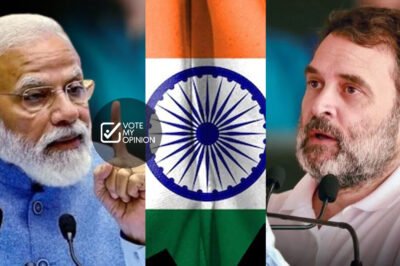








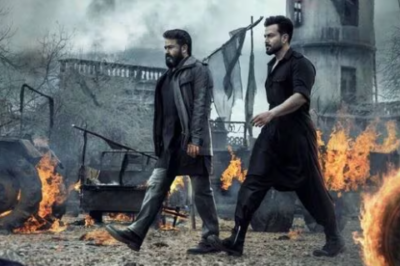

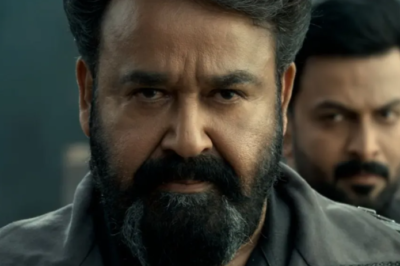
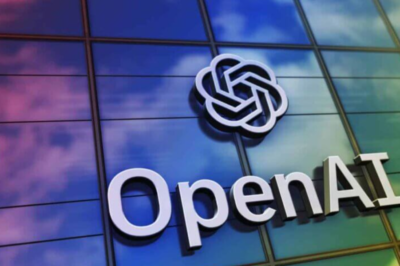




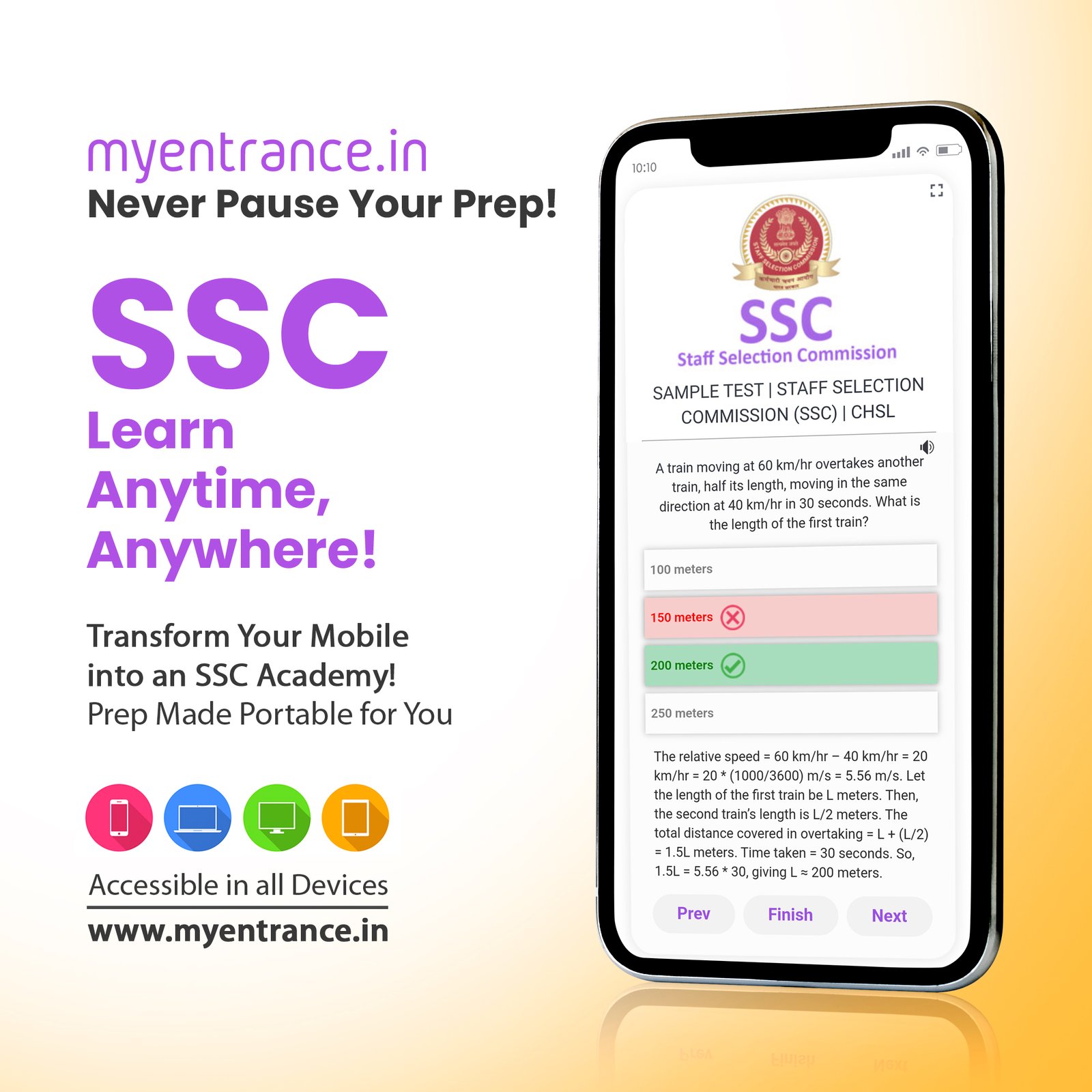



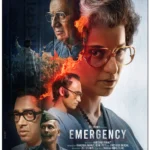




















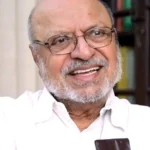

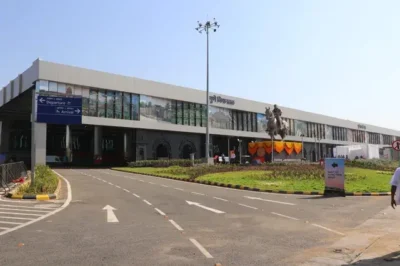







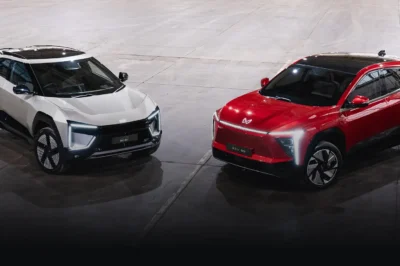

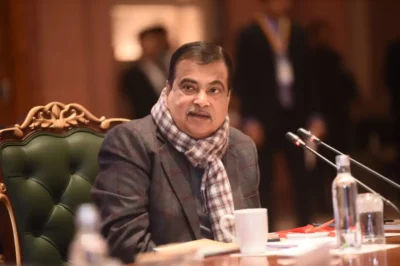

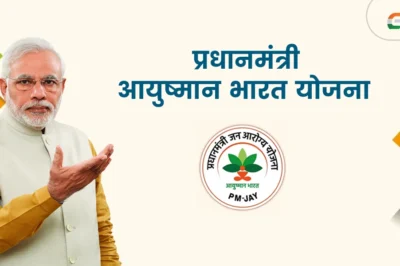
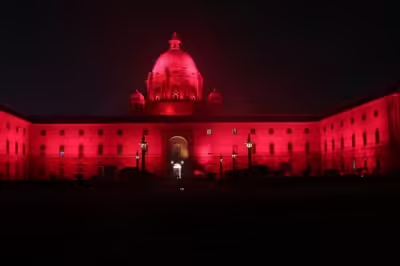
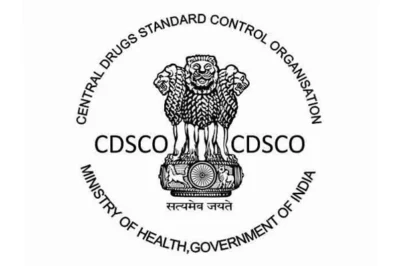

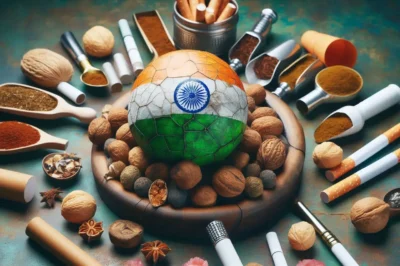


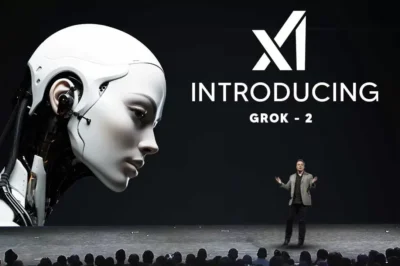





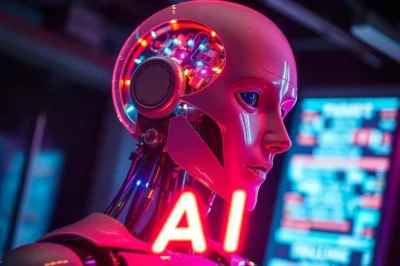

Leave a Reply